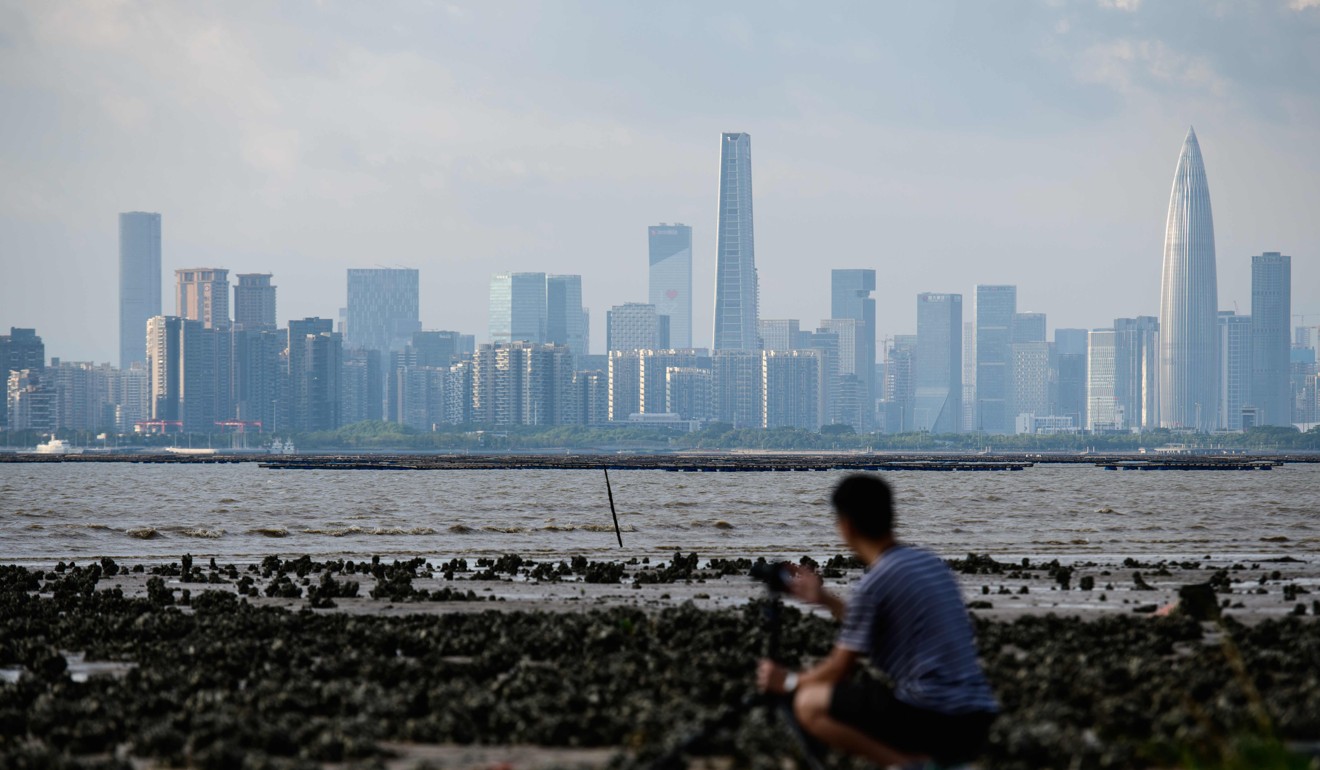
Hong Kong ranks second in cross-border investments, attracted US$13.26 billion in 12 months until June
City also second-largest destination for mainland investment last year, attracted a record US$8.57 billion
Hong Kong has moved up 14 places to emerge as the second favourite destination globally for cross-border investment after London, according to an annual report on global commercial real estate investment activity published by Cushman and Wakefield on Thursday.
The city has benefited from Beijing’s capital controls, which encourage mainland Chinese investors to concentrate their real estate allocations closer to home. The city was the second-largest destination for mainland investment last year, attracting a record US$8.57 billion, up by 61 per cent year on year, according to Knight Frank. The cross-border investment it received on the whole in the 12 months ending in June surged by 259.4 per cent to US$13.26 billion.
Asians still viewing London as property investment hotspot
“For mainland investors, Hong Kong is a more convenient location for handling their bank affairs, than other places like the US, and it uses a language they know,” said Chong Tai-leung, associate professor at the Chinese University of Hong Kong.
Chong added that the trend was likely to continue because Hong Kong enjoys a free flow of capital – it can attract foreign investors and does not prevent capital outflows.
Catherine Chen, a researcher at Cushman, said approvals are easier for mainland investors when they are buying property in Hong Kong, than in other places. Sometimes, all it requires is that funds be “transferred to the companies’ branches in Hong Kong”, said Chen.
For mainland investors, Hong Kong is a more convenient location for handling their bank affairs … and it uses a language they know
Real estate was Chinese investors’ favourite form of foreign investment. And while they were responsible for the third-highest volume of international real estate investments, cross-border flows only made up 7 per cent of total Chinese investment, as investors chose instead to spend domestically, according to the report.
For instance, in the first half of 2018, about 15 office buildings in Hong Kong worth more than HK$31 billion (US$3.96 billion) were sold to mainland companies, according to figures by CBRE. Among them was the 22-storey North Point office tower that Henderson Land Development sold to Shenzhen-listed financial institution China Create Capital for HK$9.95 billion in January.
And transaction volumes could exceed current levels by up to 2 per cent next year, given the current environment, said Carlo Barel di Sant’Albano, head of global capital markets at Cushman.
“Indeed, we are seeing many investors increasing their allocations to real estate and they are evolving their strategies to [accommodate risk],” he said. “There is no shortage of capital targeting real estate regardless of the location and risks involved.”

Chinese investors spent about US$44 billion on real estate globally last year, an 11.7 per cent year-on-year increase, according to Knight Frank. The company echoed the view that capital controls in mainland China had strengthened Hong Kong’s position as both a gateway and key market for the mainland.
“In recent years, Hong Kong has seen a significant amount of capital raised by subsidiaries of Chinese mainland conglomerates as well as mainland firms listed on the local stock market,” Knight Frank said in a report released on Friday. “This fundraising drive was behind many large acquisitions of commercial buildings and residential development sites in gateway cities such as Hong Kong.”
Francis Li, international director and head of capital markets for Greater China at Cushman, said Chinese investors will continue to be heavily involved in cross-border investment, but also that the country itself would “feature more on global buy lists going forward”. He said other regions may emerge as investment destinations that Chinese investors would consider too.
“Tier-1 mainland cities and Hong Kong will be the key [destinations], but a greater share of investment will target decentralised and emerging business districts due to a shortage of opportunities and high prices in the central business districts, as well as new supply and transport improvements in these new areas.”

But despite the high investment volume, David Hutchings, head of investment strategy at Cushman, whose team wrote the report, said there were “clear” and possibly “growing” risks in the macro economy such as rising interest rates.
“Inflation is proving to be less of a threat than feared, as we continue to enjoy steady economic growth,” said Hutchings. “However, price signals will be enough to keep central banks in a tightening mood in most areas and the slow but sure rise in interest rates, and reduction of quantitative easing driven liquidity, will therefore continue.
“What may be new in the year ahead is the potential for supply to increase as some switch strategy and take profits, others get caught by rising borrowing costs and a need to raise capital, and more seek out partners to jointly invest and develop.”
However, he said, there was little to suggest the cycle was set to end, or that a recession was looming.

